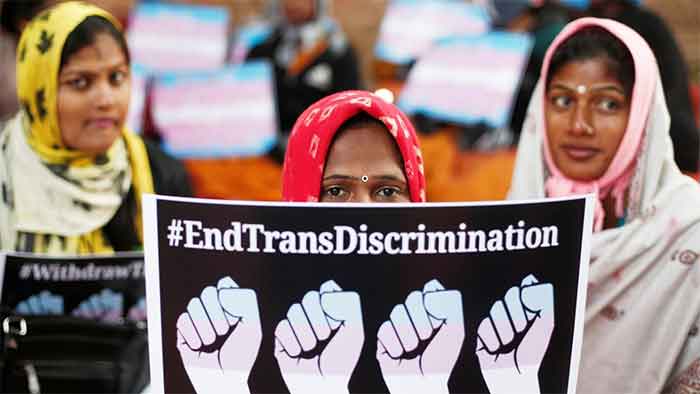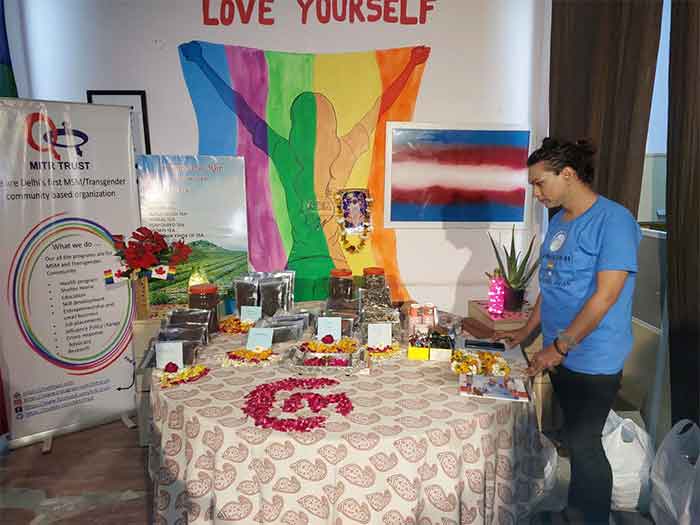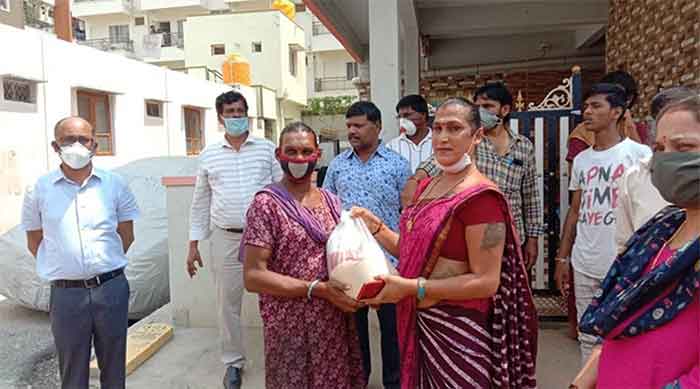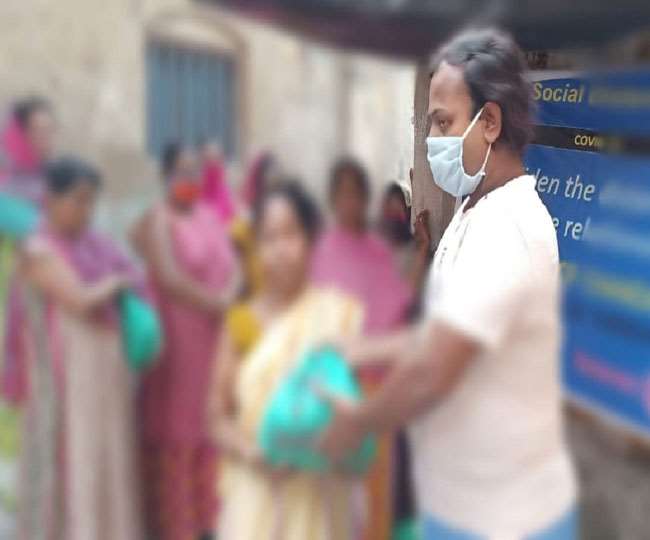
Transgender health access has been widely neglected by governments and legislative bodies in India. While a bill is passed now and then to reaffirm action, the system has failed to tackle key issues that lead to the lack of healthcare utilization by transgender people. These issues have their roots in stigmatization and the resultant social and economic marginalization of the transgender community in India. Ming, Hadi and Khan (2016) in their article on transgender health in India emphasize the lack of anti-discriminatory frameworks parallel to legal health acts that could enable safe and dignified access to healthcare for transgenders. In addition to this, the sheer lack of health research and data collation of existing health risks to the community only furthers this inaccessibility.
The “Minority Stress” framework developed by Meyer (2003) links the social and positional disadvantages experienced by the LGBTQ+ community in the form of blatant social exclusion, family rejection, discrimination and violence to increased psychological stresses. Combine this with the micro-aggressions experienced on a daily basis by transgender people in India and it is no surprise that depression, suicidality and HIV remain the primary health issues for the community.
Apart from the minority stress experienced by generations of transgenders, health disparities emerge from the incapability of Indian health institutions to provide non-discriminatory health services to the community. It is no surprise that most transgender people do not have access to healthcare insurance as insurance providers struggle to find data for underwriting of insurance terms for the “third gender”. Most insurance firms argue that transgenders have distinctive health risk factors owing to the systemic lack of access to healthcare as well as reduced mental and physical health as a result of the social stigma, discrimination and marginalization experienced by the community. Some companies aim to provide medical cover including sex reassignment surgeries to transgender employees and their partners, but the participation of the transgender community in formal employment remains dismal and therefore only a small part of the community is able to avail these benefits. To put this in the context of numbers, nine-year-old data claims there are at least 4.8 lakh transgenders in India, this number being a vast underrepresentation of the community given that many transgenders do not feel comfortable to identify themselves publicly. Transgender activists peg the number to be between 30-34 lakh, or six to seven times the official number. According to a study on the rights of transgenders by National Human Rights Commission, a staggering 96% transgenders have been denied jobs while an alarming 60% of them have never attended schools.
When it comes to understanding the basic health requirements of this community, the current state of affairs leaves much to be desired. While transgenders are considered as one of the prime communities for HIV response, it is the other health issues that do not find the focus light thrown on them, in research or in data. This is corroborated by Resiner’s (2016) findings that most health research indulges in binary segregation of subjects – as male or female, although new studies are beginning to adapt to include the “third gender”. Lack of representation of the community in medical research leads to the medical workforce being by and large ignorant and even misinformed when it comes to treating transgender patients. Often transgender patients hesitate to visit hospitals, and when they do, they become a prospect of curiosity of the doctors who insensitively ridicule them and treat them as personal research subjects, making the entire ordeal regrettable for the transgender patient, who may become further averse to receiving public healthcare post such an experience.
The transgender community has also suffered one of the biggest impacts of COVID-19. Lockdowns meant that many transgenders experienced an unanticipated break in their hormone therapies which can be mentally and physically stressful for the individual. When transgender people were admitted to care wards, many were allotted wards against their gender identity. This flagrant disregard of the right to self-affirm, something that forms the crux of transgender rights, along with the physical trauma of the infection, causes psychological trauma to the transgender patient. Furthermore, the community’s association with high-risk occupations such as sex work, begging and public celebration makes them susceptible to increasing transphobia and cases of violence.
Lee Badgett, in her paper titled “The Economic Cost of Stigma and the Exclusion of LGBT People: A Case Study of India” (2014) highlights the economic costs of exclusion-linked health disparities in the form of lower output and productivity based on the excess risk experienced by the LGBTQ+ community compared to the general population and the estimated cost of such a condition. The paper also highlights the positive externalities from inclusion of LGBTQ+ community that adds to the overall economy – including attracting non-LGBT entrepreneurs and educated workers from other countries as well as redefinition of social and economic roles for men and women leading to a potential gain in economic output.
The need of the hour remains to stop the erosion of transgender identity from healthcare through proper data and statistics collation at public hospital levels. Separate wards and awareness drives within hospitals are necessary to create a safe space for transgender patients to avail healthcare facilities. In addition to this, the government should focus on legislative action to criminalize discrimination against transgenders. Increased representation in public sector jobs and education through horizontal reservation can help uplift the socio-economic status of the historically marginalized transgender population. Lastly, the government should carefully and recurrently evaluate existing and future legislation that concerns transgender identity and rights by including more of the community in the decision-making process as well as upholding the right to self-affirm as the basic principle behind these legislations.
References
Balakrishnan, V. S. (2016). Growing recognition of transgender health. Bull World Health Organ.
Kirby, T. (2016). Sari Reisner—making transgender health visible. The Lancet, 332.
Long C. Ming, M. A. (2016). Transgender health in India and Pakistan. The Lancet.
Meyer, I. H. (2003). Prejudice, Social Stress, and Mental Health in Lesbian, Gay, and Bisexual Populations: Conceptual Issues and Research Evidence. Psychol Bull, 129(5) – 674-697.
Rathor, S. (2019). Lack of data major challenge for insurers to cater to transgenders. Retrieved from The Times of India: https://timesofindia.indiatimes.com/business/india-business/lack-of-data-major-challenge-for-insurers-to-cater-to-transgenders/articleshow/68209059.cms
Sugyanta Priyadarshini, S. C. (2020). Impact of COVID-19 on the Socioeconomic life and Psychology of Transgenders: Insights from India. Pharmascope.
Tanya Dhir, a PGP 2nd-year student at IIM Ahmedabad.
SIGN UP FOR COUNTERCURRENTS DAILY NEWSLETTER













































